Many employees face risks associated the the temperature in their workplace. Some employees work in hot indoor or outdoor environments and face the potential danger of developing heat stroke. Other workers have to work outside in chilly weather, or even indoors in cold environments. For those who work indoors in refrigerated areas or chilled spaces, safety precautions must be taken just as when any worker faces temperature extremes in his work environment.
Unfortunately, the risks associated with working in cold environments indoors are often overlooked. If you work inside of a cold space and you sustain an injury on-the-job, a work accident lawyer in Atlanta can help you to understand the laws protecting you and can provide assistance in making a workers’ compensation claim to receive coverage for work injury losses.Atlanta Workplace Accidents Can occur in Cold Inside Environments
Safety BLR recently reported on significant risks of injury and illness amongst workers who work in indoor refrigerated environments. This includes workers who do catering and food preparation who may need to be in chilled spaces, as well as workers in other fields like those who work in ice rinks or in laboratories with low temperatures.
Workers who perform work in cold environments were surveyed, and Safety BLR reports on the troubling results showing the extent of the risk. Many employees who answered questions about their work indicated they experienced discomfort as a result of the low temperature of the air. Drafts caused the workers to become even more uncomfortable. Most workers indicated they had not received sufficient safety training about how to avoid illness and injury when performing their work in a cold space.
Employees also indicated the cold made it difficult to perform tasks requiring manual dexterity, and many said wearing gloves was difficult or gloves were not provided. For those who work in food service, a lack of manual dexterity can lead to serious injuries. A worker who has to cut up food in a refrigerated room, for example, could be in danger of cutting himself with a knife because his hands are too cold to function effectively.
National Institute for Occupational Safety and Health (NIOSH) provides suggestions for keeping employees safe when they must work in cold indoor rooms. These suggestions include the installation of equipment aimed at limiting drafts and aimed at reducing condensation in cold rooms, as condensation can leave workers with wet and uncomfortable clothing.
Employees who work in cold rooms should also be provided with either thin gloves or gloves with no fingertips so they can perform work requiring manual dexterity. The gloves should be wearable under plastic gloves if the employees are in food service and need to use plastic gloves for sanitary reasons.
Companies should make it standard protocol to provide workers time to change out of wet clothes that became damp from working in cold environments, and should establish policies to rotate workers between warm and cold spaces so employees get a break from cold rooms. Whenever possible, tasks requiring manual dexterity should be done outside of these cold environments. Hand warmers should also be accessible to employees forced to work in cold rooms.
Even with these precautions, injuries and illnesses could still occur. Those hurt due to exposure to cold in the workplace should speak with an attorney about making a workers’ compensation claim.
The Atlanta workplace accident lawyers at Van Sant Law, LLC can represent employees or their families after a workplace injury or death. Call today at (800) 234-9556 or contact us online to schedule your free consultation.

.2410180755550.png)



.2410171551550.png)
